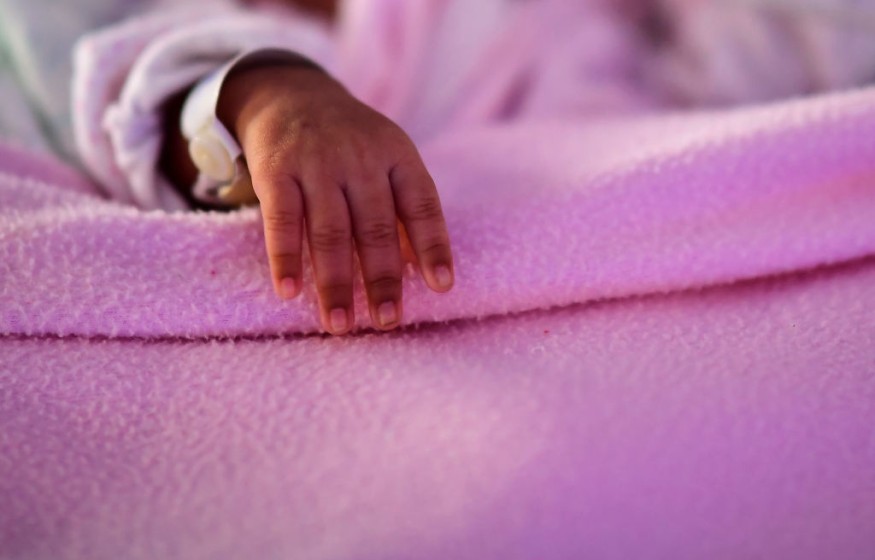
A baby in North Carolina has gotten a first-of-its-kind surgical intervention, which may safeguard his body from discarding the body part and eliminate the necessity for permanent immune-suppressing medicines.
First-of-its-Kind Heart Transplant
Duke University, the institution wherein where the surgery was conducted claimed that the youngster, Easton Sinnamon, is the only individual to have a heart surgery as well as thymus tissue insertion from the same source, as per Science Alert.
Since the thymus is essential in inflammatory processes, specifically in instructing the body to acknowledge its very own body tissue instead of external aggression makes it feasible that the mixture transfusion will enable the child's body to adopt the current heart as a component of itself rather than handling it as a foreign implant.
In a press release on 7th of March, Duke's head of child surgical treatment, Dr. Joseph Turek explain that they felt that if they performed a thymus plus heart replacement, there's a chance that removing it from the same contributor would permit that new organ to be identified as oneself.
Stressing that additional study is necessary to determine if this combined surgery helps Easton to survive without immunosuppression medicines, which are usually required in transplant recipients to prevent the system from discarding the organ, and if it may function for future transplantations. However, If the strategy is effective, Turek believes it might be extended to everyone various organs in the future.
Moreover, the Duke University remarked that Easton was delivered with a cardiac abnormality and received surgical intervention at the age of 5 days.
Though, the operation was insufficient to correct the condition, and Easton's physicians concluded that he needed require a heart surgery to live. Easton was also found to have a thymus problem, which suggested he could require donated thymus cells.
Fortunately, Duke doctors have been exploring this same pairing which is a cardiac and thymus surgery in lab animals. Easton's physicians conducted his organ surgery on 6th of August 2021, when he was 6 months old, with special FDA authorization. Two weeks afterwards, doctors inserted thymus tissue from the very original source that had been cultivated in a research facility.
Furthermore, tests done 172 days following the transfer suggest that the thymus tissue is producing immunity responses classified as T-cells in Easton's system.
Possibility of Conducting the Same Transplant in the Future
While Easton is now on immunosuppression medicines to avoid transplant resistance, his physicians will try to faze him off the medications in the coming months to determine if his system accepts the transplanted heart as self.
Transplant patients are typically need to take immunosuppressive medicines for the rest of their lives in order to avoid tissue resistance. Even with the medications, the body parts may be discarded in the end, with the average donor heart living 10 to 15 years, according to Duke University.
Turek explained that the lengthy usage of the medications, however, can be hazardous, notably to the kidneys. He also believes Easton's situation may actually transform the way replacements are conducted in the foreseeable.
"The big difficulty is that we ought to find out ways to do this in an individual who has a highly capable immune response, so you'll have a native thymus fighting with foreign thymus tissue," Turek told NBC News.
Related article : Moderate Amount of Drinking Alcohol Linked to Shrinking of Brain Matter, New Study
© 2025 NatureWorldNews.com All rights reserved. Do not reproduce without permission.





